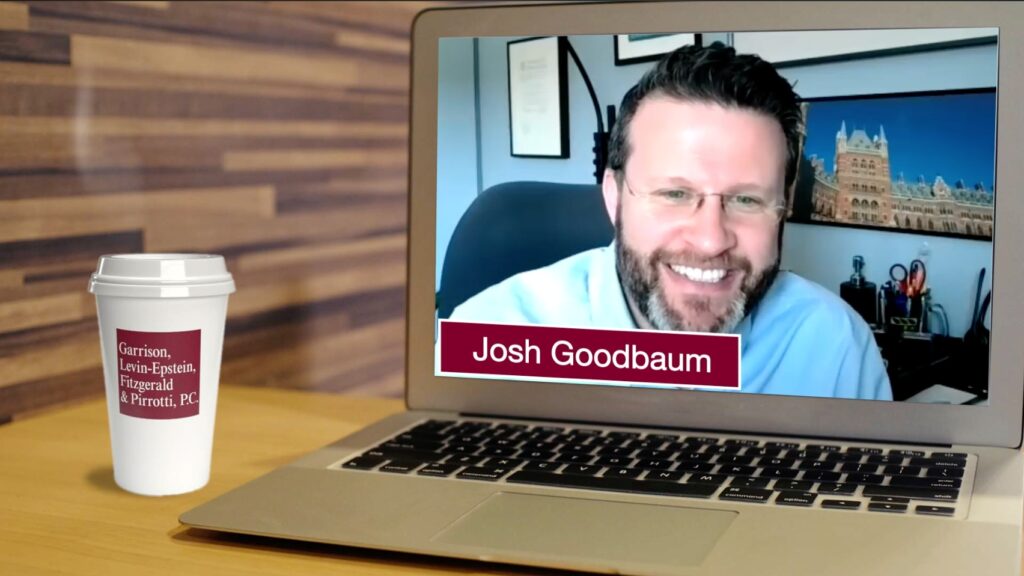Jun 19 2023
Josh Goodbaum: Hi, Amanda.
Amanda DeMatteis: Hi, Josh. What are we gonna talk about today?
Goodbaum: I want to talk about sexual harassment. Serious topic, a sad topic, one you and I have talked about a lot, but I understand there’s new news of a federal legislative development concerning sexual harassment. Can you tell us about that?
DeMatteis: Yeah, I can. It’s called the Speak Out Act, and it was signed into law by President Biden on December 7th of 2022. And what it does is it prevents employers from entering into contracts with employees that prohibit them from talking about sexual harassment or sexual assault at work.
So, here’s how we usually see these. Maybe you’re getting a new job and you’re entering into a new employment agreement, or your employer asks you to sign a restrictive covenant or confidentiality provisions prior to your employment starting or at some point during your employment. If those agreements include a non-disparagement or a non-disclosure agreement that would include things like sexual harassment, they were immediately voided on December 7th of 2022.
And this is great news for employees because victims of sexual harassment and sexual assault need to be able to talk about these experiences so we can eradicate them in the workplace and we can prevent others from going through the same and/or similar types of experiences.
There is a key distinction, though, and that’s post-dispute confidentiality agreements. Think about it like this: Maybe you’re employed somewhere and you’re a victim of sexual harassment or sexual assault. You bring a claim against your employer as a result of that illegal employment activity. If you reach a settlement with your employer, they could ask you to sign a confidentiality agreement, and that could include what you experienced at work, including sexual harassment and sexual assault. So the key distinction in the Speak Out Act is it does not prohibit post-dispute confidentiality, but it does prohibit pre-dispute confidentiality.
Now, the law specifically allows for states to be able to have more restrictive laws if that’s what they choose to do. We’ve seen that in places like California, Washington, even just next door to us here in New Jersey. So you never know: maybe Connecticut will come up with a more restrictive law in the future.
But for now, if you have signed an agreement with your employer that includes a non-disparagement agreement or a non-disclosure agreement prior to a dispute taking place at work, that is immediately void when it has to do with sexual harassment and sexual assault.
If you have any other questions on this, please feel free to reach out.
Goodbaum: Such important information. Thank you, Amanda.
DeMatteis: Thank you.
Posted by Garrison, Levin-Epstein, Fitzgerald & Pirrotti, P.C. in Commentary
Tagged Amanda DeMatteis, Joshua Goodbaum









